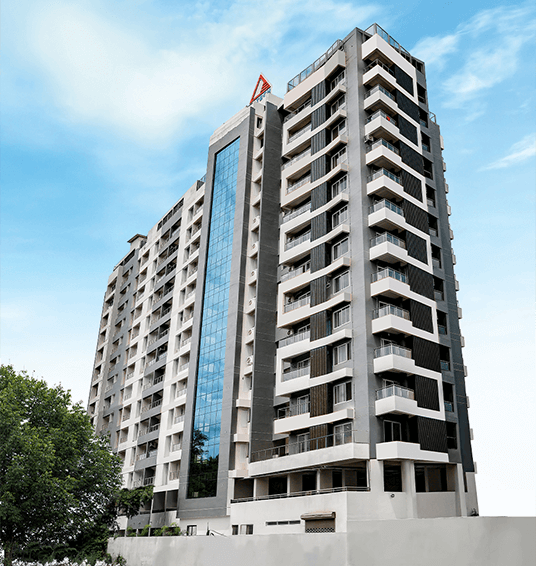
In order to ensure smooth taxation in India, a property is always considered a source of income. And as any other form of income, the tax is levied on the property—movable or immovable. Usually assets such as houses, buildings, shops, flats and apartments etc. are referred collectively to as a property. According to the Income Tax Act, any income derived from any of the above-mentioned assets is considered taxable as one of the heads under the broader spectrum of income from various sources. Usually, it is on the value of the property the tax is calculated.
It is the responsibility of the local governmental body to levy taxes on such incomes and the taxes are used for the maintenance of the local civic amenities of the people. The person who has to pay the tax to these local governmental bodies is different from the countries like the UK where it is the occupier who has to pay the tax. However, in India, it is the owner of the property who has to pay the tax to the government.
In India, the majority of the real estates taxed are on the buildings and the lands associated with such buildings. However, it must be understood that the lands that do not have any building on it are not taxed under this head and will be taxed under different income tax head.
If you are wondering about the kind of properties that are taxed under property tax in India, take a look;
- Residential House (whether let out or self-occupied)
- Flats
- Office Building
- Shops
- Warehouse
- Factory Building
How to calculate Property Tax?
It is on the basis of Annual Value of a property that the tax on any property is determined and usually, a property can have different values through a year, especially for let-out or self-occupied properties.
Now let us see, how to go about calculating the annual value for Let-Out Property.
In the case of any property that is let out, the annual value of the same would be any of the following whichever is higher;
- Municipal valuation
- The amount of rent received
- The fair rent that is calculated by the Income Tax department.
However, it must also be understood that there are deductions on the amount of tax payable by the owner. Deductions up to 30% of the net value of the property is allowed for the maintenance and repair of the property being taxed. You must consult a tax consultant to understand the full picture of the deductions.
Now, let see the calculation of the annual value of the self-occupied property.
Generally, if the property is completely used for a residential stay, the annual value is considered to be zero. It would also be the same if the owner does not occupy it nor does he let it out for someone else. In such scenarios where a part of the property is let-out or if the house is let-out for certain months, the value would be calculated appropriately.
There are deductions allowed on the same as well. However, to get a comprehensive image of the deductions, it is always advised that you contact a tax parishioner.













